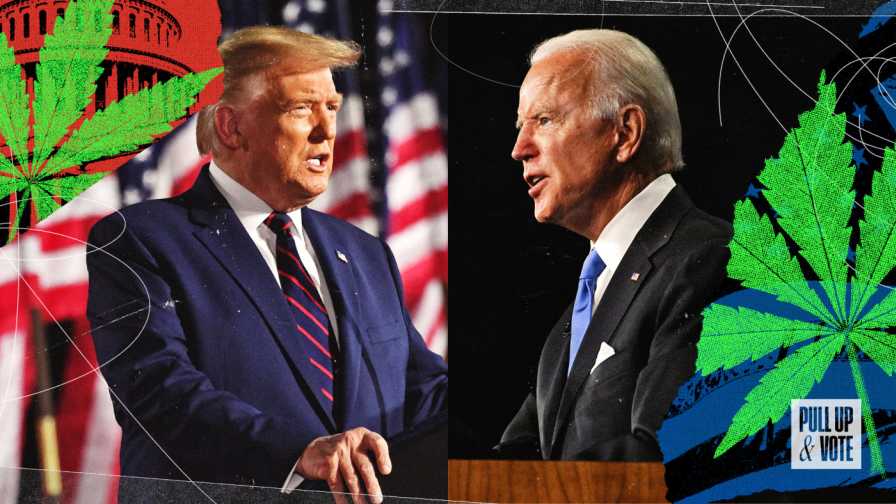How the Election Might Affect Cannabis Banking Regulations

Photo: Getty
When election day finally arrives, it will decide more than the fate of the economy. At that time, we’ll also get a good idea of whether the returning President Trump or newly minted President Biden will stand behind the Secure and Fair Enforcement (SAFE) Banking Act, a proposed legal mandate which prohibits federal regulators from criminally or financially penalizing banks that provide services to legitimate cannabis or hemp-based businesses.
Each candidate holds differing views of this legislation, and neither has formally endorsed it. Biden appears to favor a hands-off federal approach to cannabis firms, while Trump’s camp also wants to take a pass.
Members of Congress from states where cannabis has been legalized for medical or recreational purposes have long pushed to empower firms to enjoy widespread access to banking services. Despite being passed by a landslide in the House of Representatives on Sept. 25, 2019 with bipartisan support from most Democrats and dozens of Republicans, the SAFE Banking Act is currently sitting in limbo with the Senate.
Hoping to spur progress, in May , the Democrat-led House of Representatives followed up on its initial efforts by weaving the SAFE Banking Act’s provisions into the $3 trillion Health and Economic Recovery Omnibus Emergency Solutions (HEROES) Act that it introduced to provide added COVID-19 stimulus. However, federal relief talks between Democrats and the Republican-led Senate have since stalled, putting the SAFE Banking Act’s future in jeopardy.
That’s a problem for cannabis-based businesses as the SAFE Banking Act effectively provides basic protections that allow for these companies to do business with banks all around the U.S. Passing it would enable cannabis companies to enjoy access to standard financial tools like checking and savings accounts, lines of credit, and loans, which many other types of firms rely on every single day. Certain states are empowering select banks or credit unions to offer services, temporarily helping to meet some companies’ present financial needs. But at the national level, cannabis still remains an illegal Schedule 1 substance, potentially exposing many financial institutions to criminal or financial penalties if they choose to offer services to organizations that promote its sale and distribution.
Continue reading at Complex.com.









